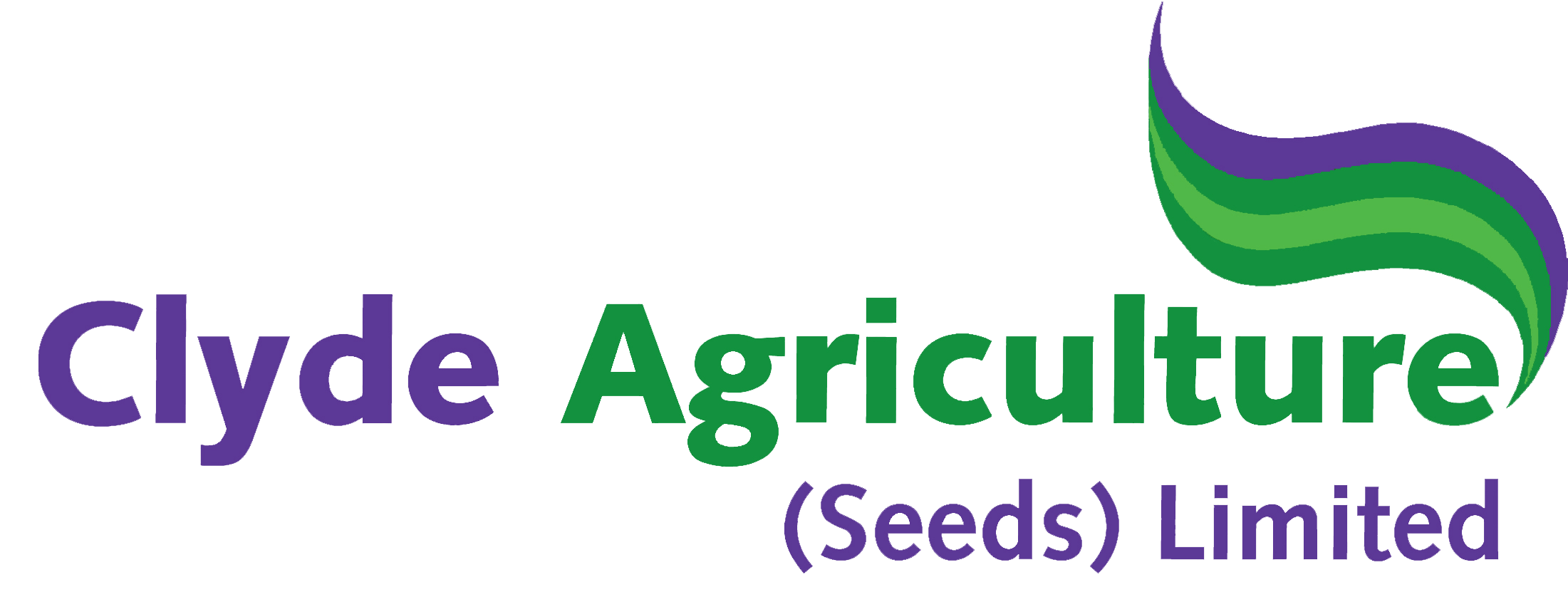Regenerative Agriculture is practised in many different forms however the principle remains the same across all production enterprises. Regenerative farmers aim to improve soil biology, enhance the environment for pollinators and birds whilst producing food with minimum use of chemical inputs. This is achieved through multi species cropping rather than monoculture, where plants from different groups interact and benefit from nutrient exchange. This approach, reduces disease pressure and pest population often experienced in traditional farming and further enhances soil heath through biodiversity. We provide bespoke seed mixtures for regenerative farming systems.
Multi Species Winter Grazing Crop
We provide custom mixtures to meet the specific requirements of our customers. These are specifically formulated to establish a diverse crop with minimum soil disturbance to provide a sustainable winter ration for grazing ruminants and enhance soil health and biodiversity.
By sowing a wide range of species during peak grass production, growers can produce large volumes of flowering and seeding plants to provide a “complete ration” for grazing livestock during winter and early spring.
The key is to create mixtures with species from the following groups:
Cereals or Grasses
Pulse
Legume
Brassica
Mineral Herbs
A typical mixture would include several of the following species:
Forage Rye
Kale/Kale Hybrid
Forage Rape
Turnip
Vetch
Sainfoin
Birdsfoot Trefoil
Fodder Radish
Crimson Clover
Cereals
Benefits
•Fertility return through intensive animal grazing
•Reduce wintering costs
•Maintain healthy animals through diversity and selective grazing.
•A complete ration from grazing
•Improve soil health and fertility.
•Improve drainage and aeriation
•Tap root plants to open soil compacted soils
•Scavenging plants to improve soil biology
•Legumes for nitrogen fixation
•Diverse herbage for minerals and trace elements


